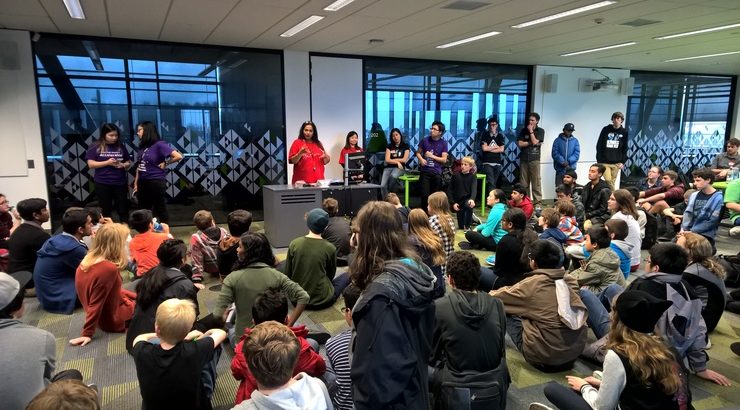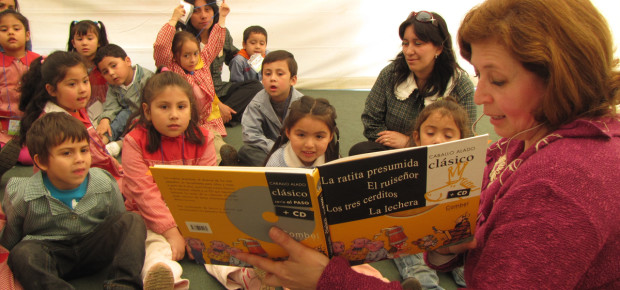Oceanía/Australia/Julio 2016/Autor: Daniela Abbracciavento / Fuente: East Torrens Messenger
Resumen: Las escuelas primarias Norwood Morialta High y Magill están considerando llevar a los estudiantes al campus UniSA Magill, como parte de un plan para crear un nuevo centro de educación para niños de hasta 12 años de edad.
NORWOOD Morialta High and Magill Primary schools are considering moving students to UniSA’s Magill campus as part of a plan to create a new birth-Year 12 education hub.
The State Government has released results of an 18-month, $250,000 study into creating a new school for 1400 students at the university, which has a focus on teacher training.
Norwood Morialta is considering shifting its middle school students to its senior campus, on The Parade, and its senior campus to the university site.
Magill Primary may relocate its Years 5, 6 and 7 students.
Norwood Morialta principal Jacqui van Ruiten said her school was consulting parents about a potential move.
“The first part of the study was creating a concept and then asking stakeholders, which includes us, whether we want to be part of it,” Ms van Ruiten said.
“The idea would be a staged process, potentially over 20 years.
“We see there are some wonderful opportunities with working collaboratively with the university.”
Norwood Morialta’s middle school campus has 880 students and has not been upgraded in more than 40 years.
Magill Primary principal Di Fletcher said the government’s proposal could help ease enrolment pressure at the Adelaide St school.
“There is a positive sense from parents and staff and a strong willingness to explore the possibilities,” Ms Fletcher said.
“We do know Magill School will not be closed at this point in time.
“Moving the Year 5-7s would support Norwood Morialta and allow us to keep our facilities, but ease the pressure on us, because we are full and can’t take any more children at the moment.”
University of South Australia deputy vice-chancellor Nigel Relph said transforming the campus into an education hub would have benefits for students and teachers.
“For student-teachers, the precinct would provide a unique opportunity to work in the classroom with a teacher,” Mr Relph said.
“Students would have day-to-day interaction with exceptional educational researchers and experienced practitioners.”
The two schools have until August 26 to decide if they want to be part of stage two of the investigation process.
Education Department executive infrastructure director Ross Treadwell said the second stage would include a more detailed analysis and include costs and timing.
If the schools agreed to be involved, that stage would be complete by the end of the year.
The Education Department said it was too early to speculate on the future use of the Norwood Morialta middle school campus land.
Fuente de la noticia: http://www.adelaidenow.com.au/news/south-australia/why-some-adelaide-school-students-may-be-moved-to-unisas-magill-campus/news-story/f09d7e3bbd3b645b7451830dac539a48
Fuente de la imagen: http://cdn.newsapi.com.au/image/v1/06582be43c9c1c583806c7d87455eb9d?width=1024













 Users Today : 134
Users Today : 134 Total Users : 35459729
Total Users : 35459729 Views Today : 222
Views Today : 222 Total views : 3418194
Total views : 3418194